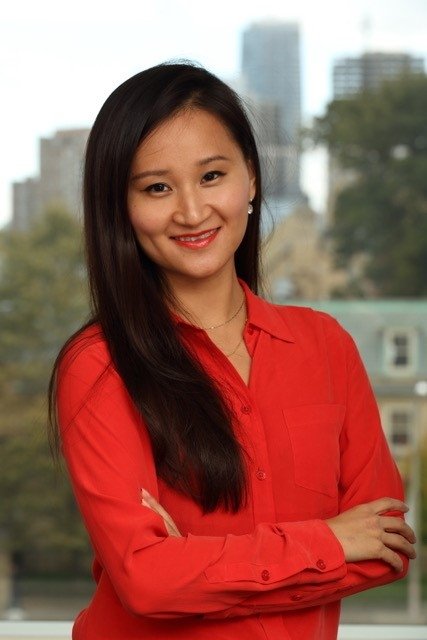Is Chinese Civil Society Dead? How the U.S. Should Navigate People-to-People Exchange in a New Era
Is Chinese Civil Society Dead? How the U.S. Should Navigate People-to-People Exchange in a New Era
For decades, the United States has sought to promote gradual societal change in the People’s Republic of China from within by supporting grassroots civil society. The hope was that by building the capacity of change agents in China, the U.S. could help to diversify and increase the number of social groups within China calling for change, including accountable governance, the rule of law, and the protection of human rights. This policy needs recalibrating in an era of competition between the United States and China.
This project probes the current state of grassroots Chinese civil society and its relationship to foreign and domestic donors. Empirically, it seeks to fill a gap in understanding how grassroots actors have adapted to a restrictive environment under the Xi administration. Theoretically, it addresses a broader question of how authoritarian states like China tether civil society to the government, and what types of political values are engendered by these organizations. This study is part of a decade-long research agenda exploring how citizens in China contend with authorities and how the state responds. The resulting policy report will inform U.S. policy-makers on how to navigate people-to-people exchange with China despite considerable differences over political values.

Diana Fu is an associate professor of political science at The University of Toronto, a non-resident fellow at the Brookings Institution, and a public intellectual fellow at the National Committee on US-China Relations. Her research examines civil society, popular contention, state control, and authoritarian citizenship in contemporary China. She is author of the award-winning book, “Mobilizing Without the Masses: Control and Contention in China.” The book reveals how weak civil society groups in China can organize when they are not allowed to. Dr. Fu's research and commentary on Chinese politics have appeared in the BBC, Bloomberg, CBC, The Economist, Financial Times, Foreign Affairs, Reuters, andThe New York Times, among others. She holds a D.Phil. in Politics and an M.Phil. In Development Studies with distinction from Oxford University, where she studied as a Rhodes Scholar and is currently serving as National Co-Secretary of the Rhodes Scholarships for China. She was previously a fellow at Stanford University and MIT.

